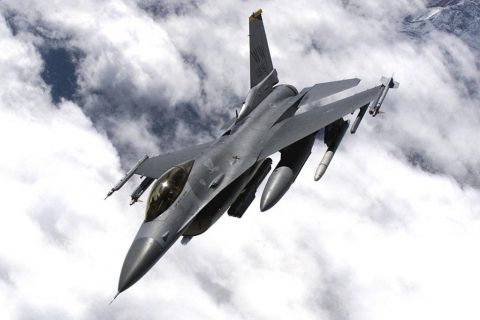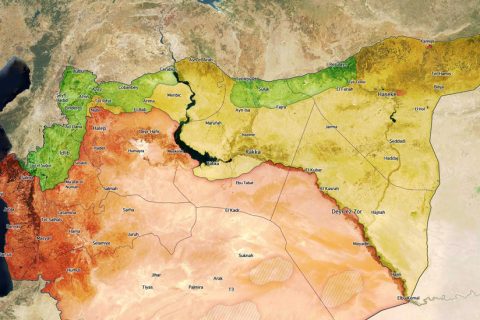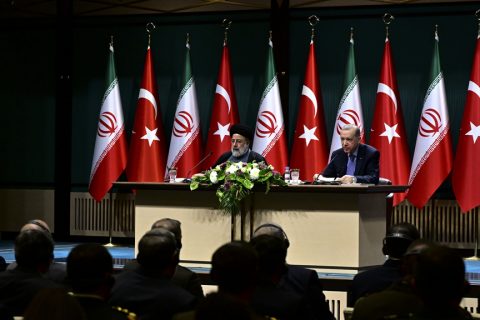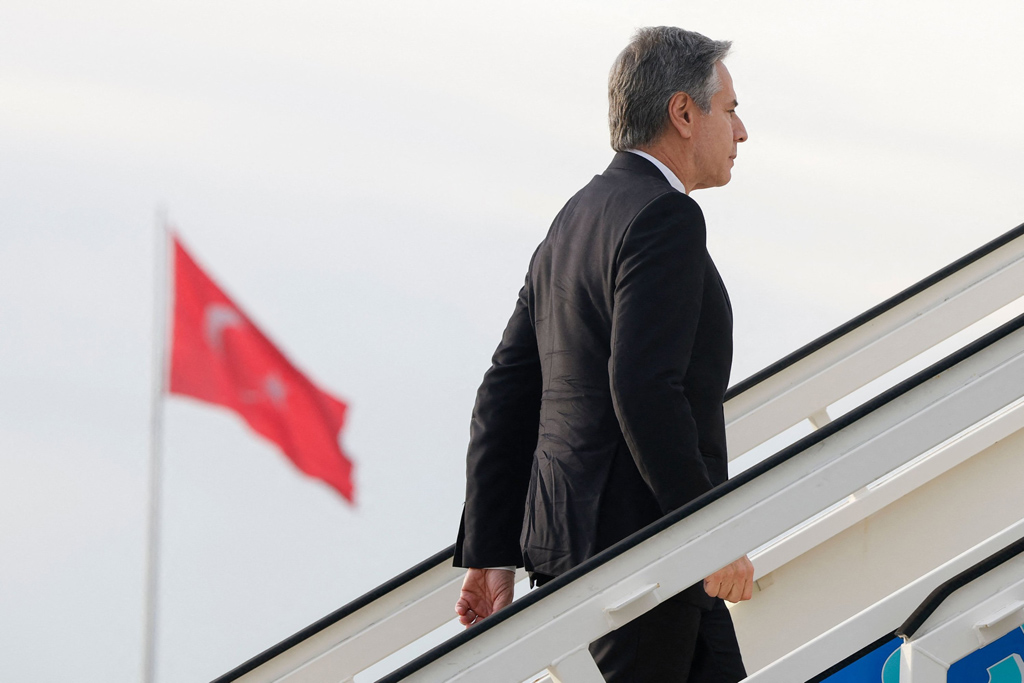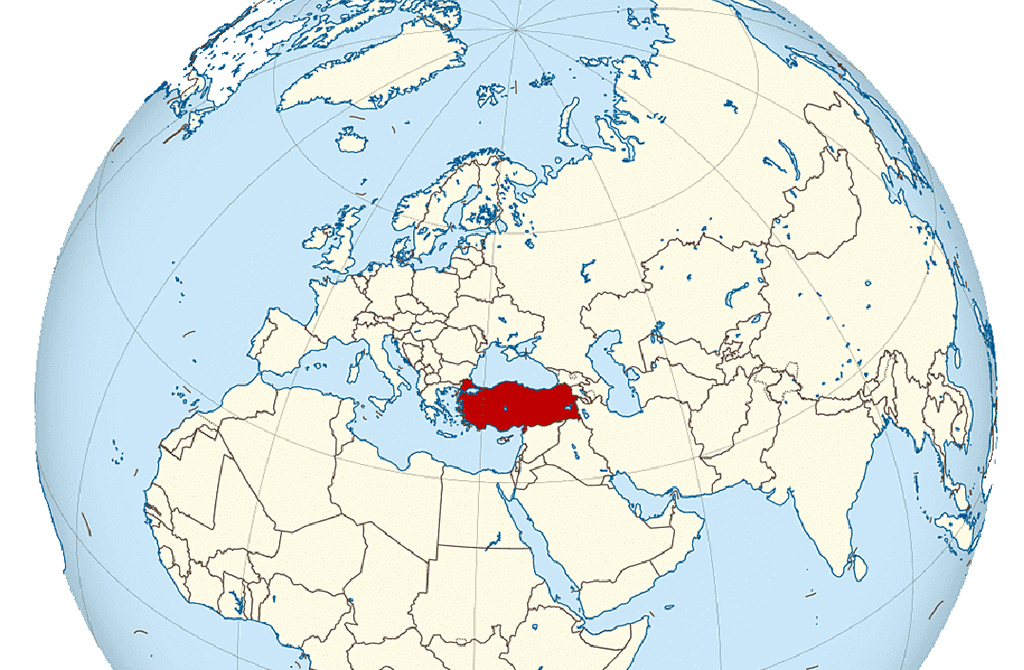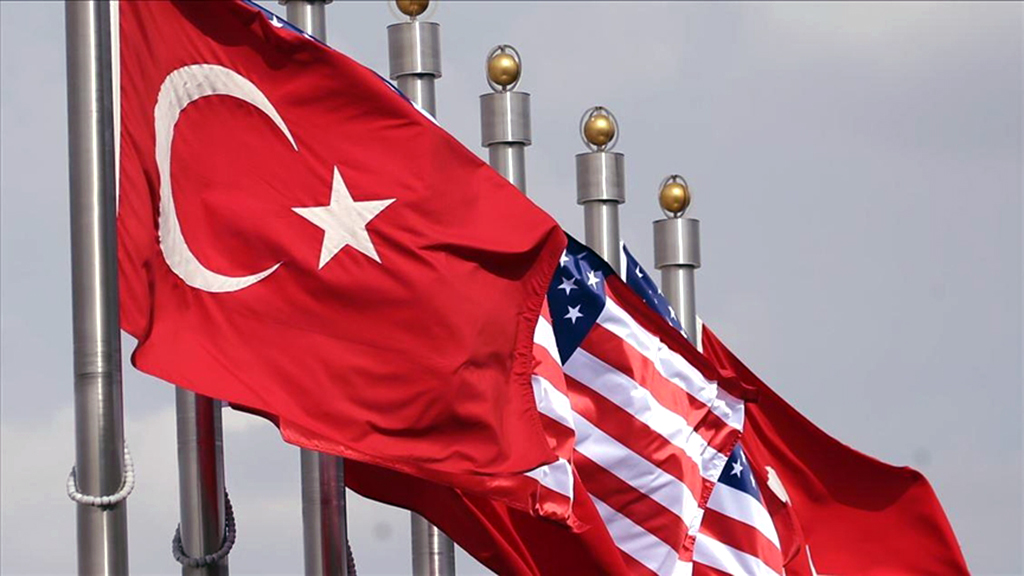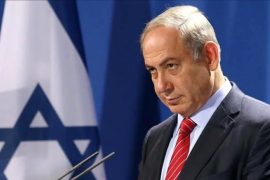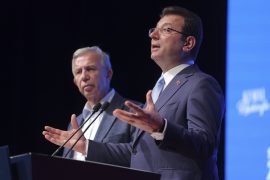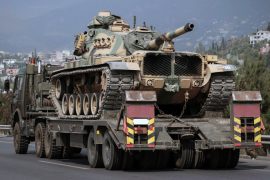US-PKK/PYD/YPG/SDF Relations
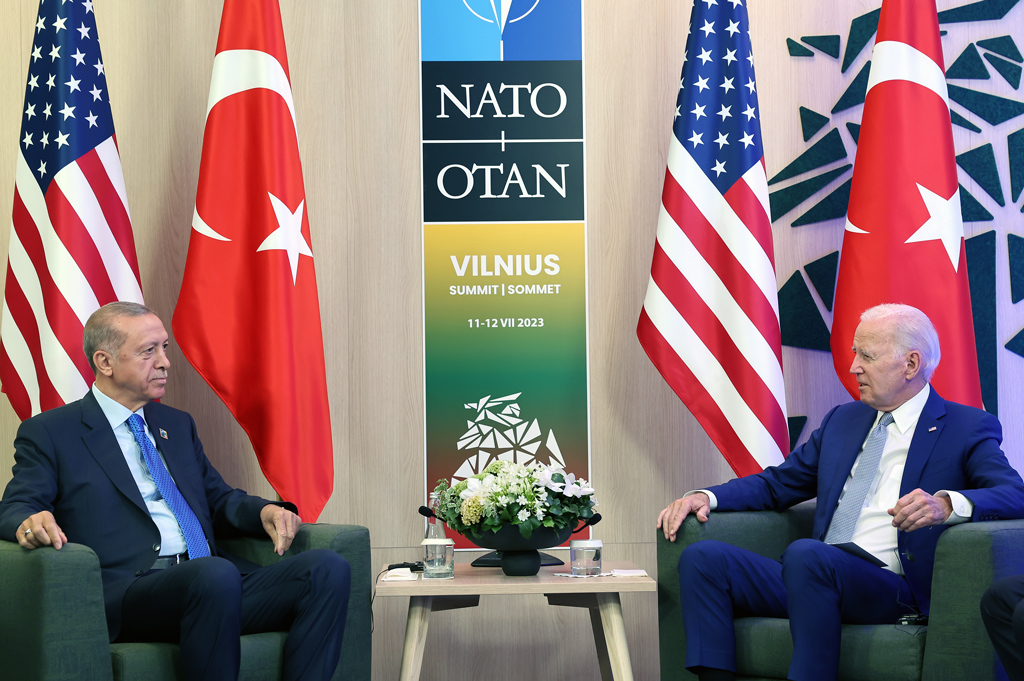
Can F-16 sale signal a new era in Turkish-US relations?
| OpinionThe US’ approval of the long-stalled sale of F-16 fighter jets to Türkiye shortly after …
-
Opinion
Can F-16 sales overcome Türkiye-US disputes?
By Murat YeşiltaşFollowing Türkiye’s ratification of Sweden’s NATO membership in the Turkish Parliament, the U.S. State Department notified Congress of a $23 billion (TL 698.52 billion) sale of fighter jets to Türkiye and an $8.6 billion sale of advanced F-35 fighter jets to Greece, another ally in the NATO. The sale to Türkiye includes 40 Lockheed Martin F-16s and equipment to modernize the existing fleet of 79 F-16s. Greece will receive 40 F-35 Lightning II Joint Strike Fighters and related equipment.
-
Genel
PKK/YPG’s State Dream in Syria
By Can Acun By Kutluhan GörücüThis report analyzes how the PKK and the PYD evolved into the SDF and the Autonomous Administration of North and East Syria with a focus on the PKK’s war crimes and human rights violations, military presence and natural resources as well as Türkiye’s military operations against the PKK/YPG. In this regard, this study represents the result of a significant effort to understand and analyze the PKK/YPG. It is also a pioneering work in academic literature.
-
Opinion
After approval of Sweden’s NATO bid and Raisi’s visit
By Burhanettin DuranAs the municipal election campaign gained momentum with the unveiling of mayoral candidates and the fine-tuning of their campaigns, two major developments took place in foreign policy: the Turkish Parliament’s approval of Sweden’s NATO admission on Tuesday and Iranian President Ebrahim Raisi’s visit to the Turkish capital, where Türkiye and Iran signed 10 agreements.
Bu Konuda Daha Fazla
-
US otherization policy toward Türkiye
By Muhittin AtamanThe United States has been doing almost everything to otherize and alienate Türkiye throughout the last decade. The damaging steps taken by the last three U.S. governments, namely Barack Obama, Donald Trump and the current Joe Biden administrations, show that anti-Türkiye policy has become the state policy.
-
Türkiye’s growing geopolitical significance beyond geography
By Burhanettin DuranMerely skimming over the world news, one quickly notices Türkiye’s growing geopolitical significance. Let me elaborate by highlighting four issues, excluding countless others – including migration, armed drones, the Altay tank and Türkiye’s rapprochement with Egypt. Türkiye will host the third international meeting toward the Ukraine peace summit. Ankara pledged to target all PKK terror groups and its Syrian presence YPG assets in Iraq and Syria. Azerbaijan refused to participate in EU-brokered talks with Armenia in Spain, citing Türkiye’s exclusion. Last but not least, the Abu Dhabi-based investment company ADQ is in talks with Türkiye regarding constructing a railroad over the Bosphorus as part of a trade corridor linking Europe with the Middle East and Asia. Obviously, Türkiye’s direct involvement in peace diplomacy, counterterrorism, the South Caucasus region’s stability and energy/logistics corridors does not just relate to its geographical location.
-
Recent unrest and shifting local alliances in Syria
By Murat YeşiltaşRecent developments in Syria show that the dynamics caused by the civil war are still in effect as demonstrations against the Bashar Assad regime continue due to economic dissatisfaction and clashes between local Arab tribes and the PKK terrorist group’s Syrian presence YPG accelerate.
-
Türkiye elections: Identity, foreign policy and terrorism in focus
By Burhanettin DuranTerrorist organizations will become more ambitious and voters will grow more concerned unless and until Kılıçdaroğlu publicly pledges to continue the fight against terrorist groups with the same level of determination as the current government. Otherwise, he will face mounting criticism that he could not speak up against terrorists for the sake of “a handful of votes.”
-
Where do things currently stand on Turkish-American ties?
By Kadir ÜstünThe meetings held by the Turkish delegation during their visit to Washington earlier this week once again showed how necessary constant dialogue is due to the busy agenda of Turkish-American relations. Apart from bilateral issues, Türkiye and the United States need to step up their efforts in order to work together on regional and global issues. It is no secret that there are issues where the two NATO allies do not agree or, worse yet, pursue opposing policies. However, many challenges such as hot war, food crisis, energy, great power rivalry and climate change make it all the more necessary to focus on shared interests.
